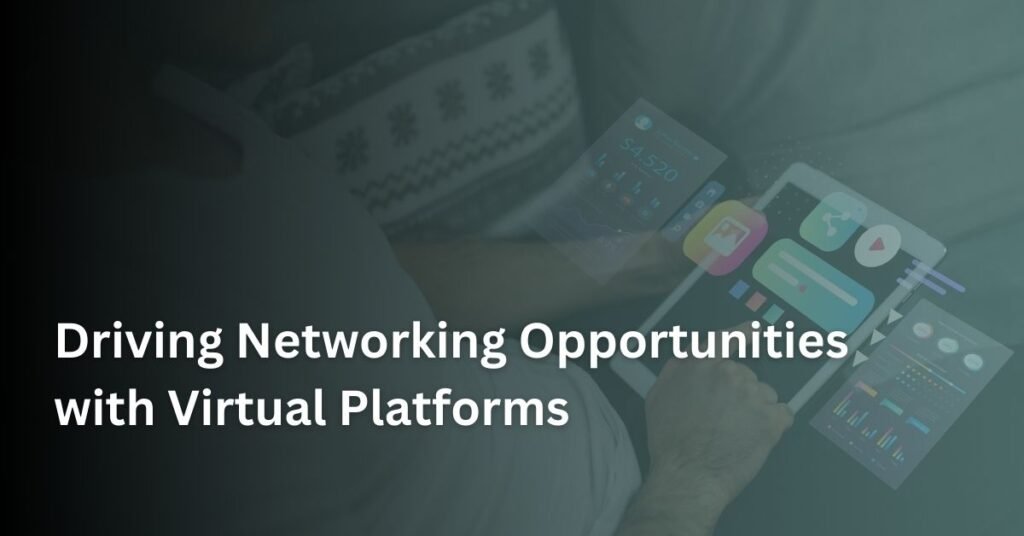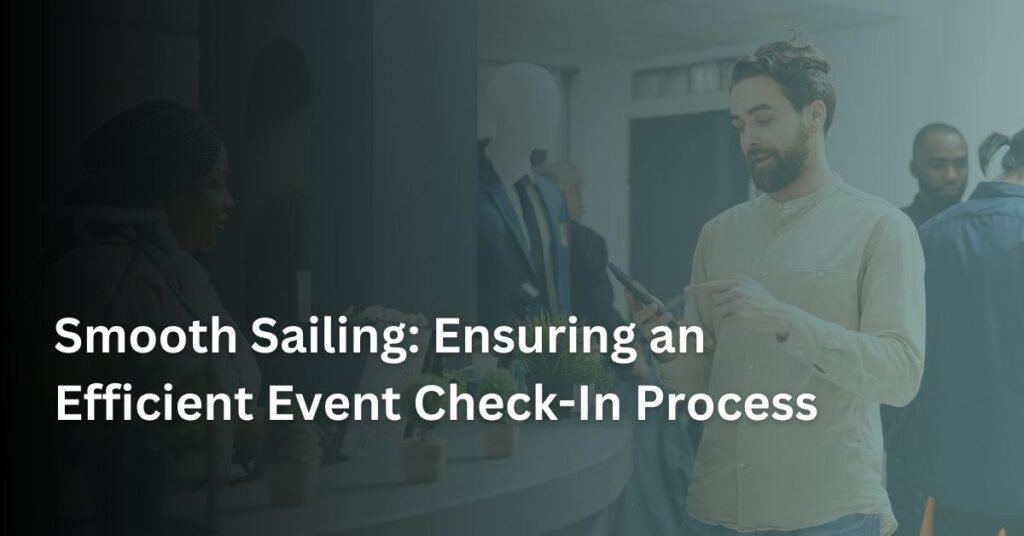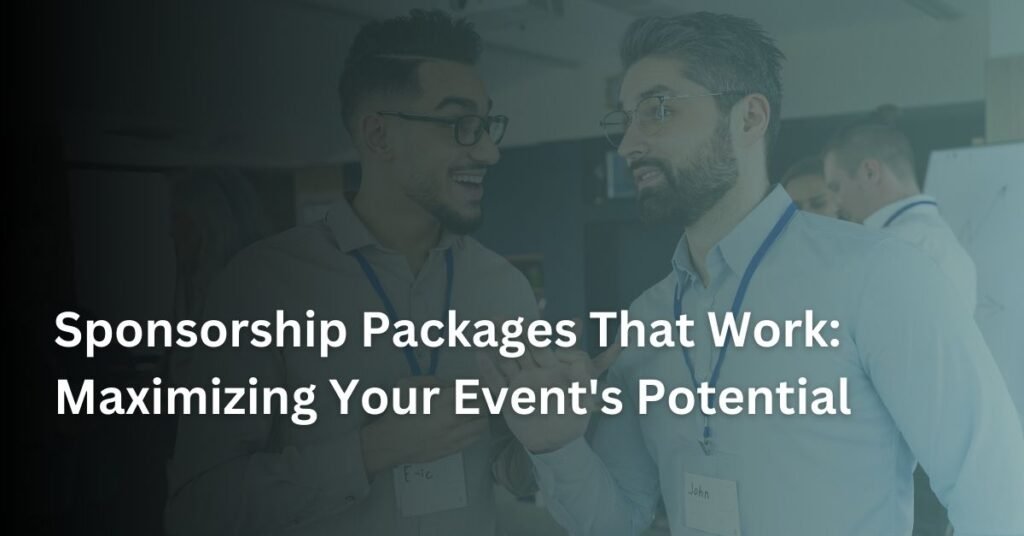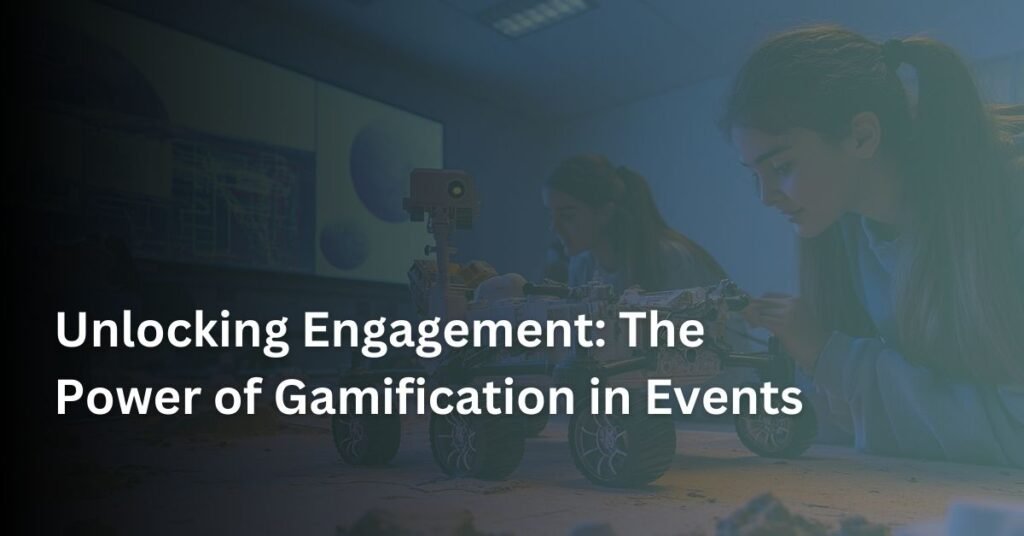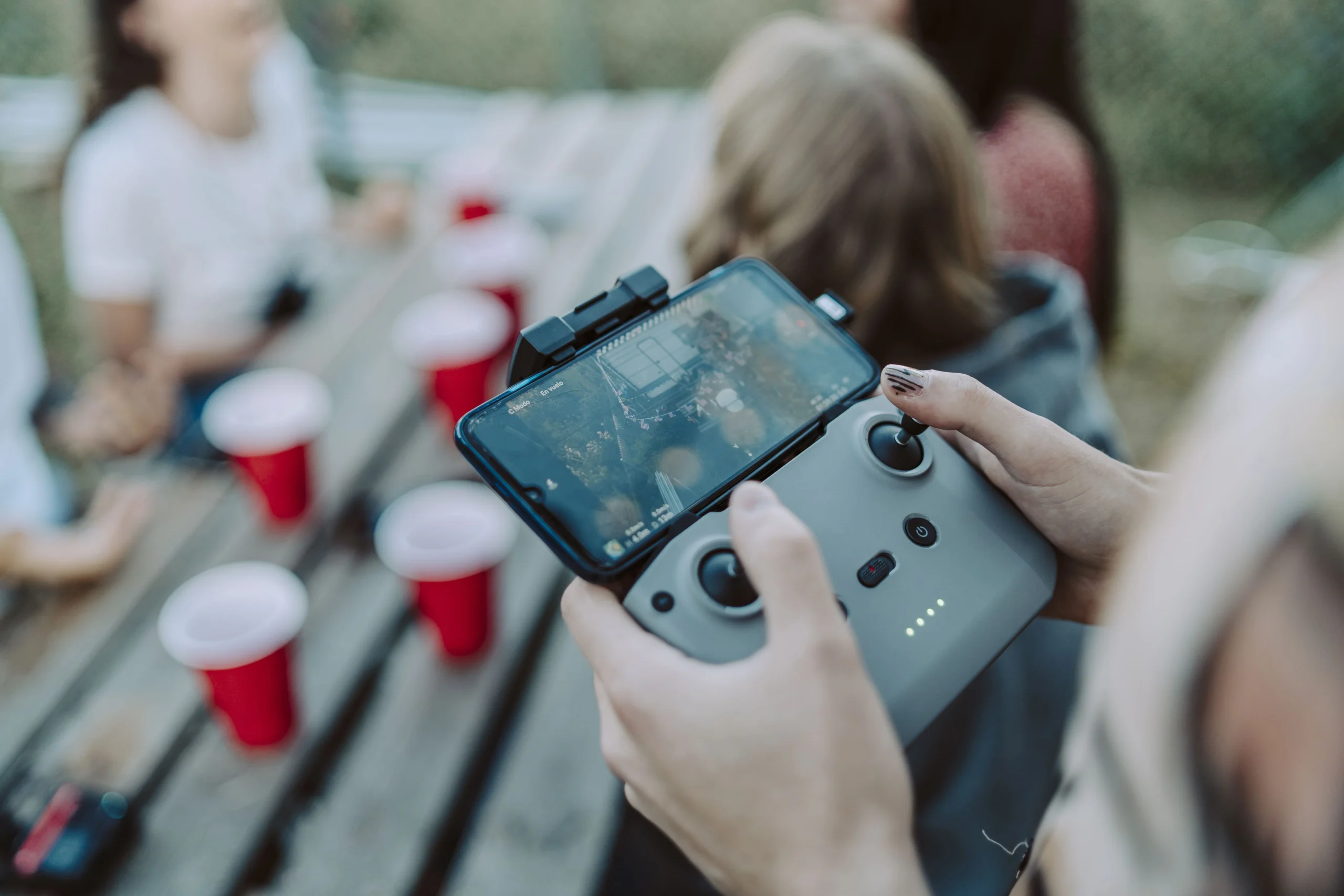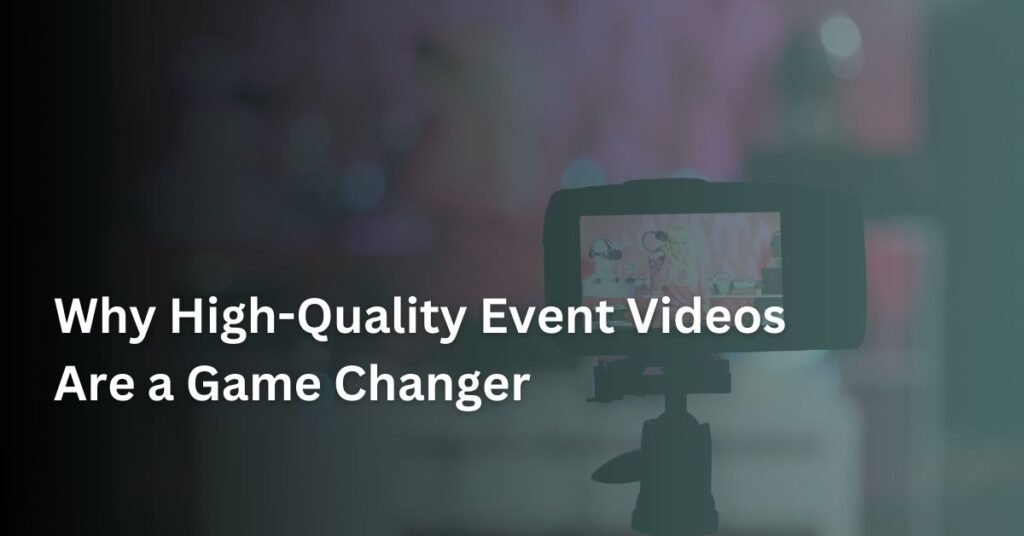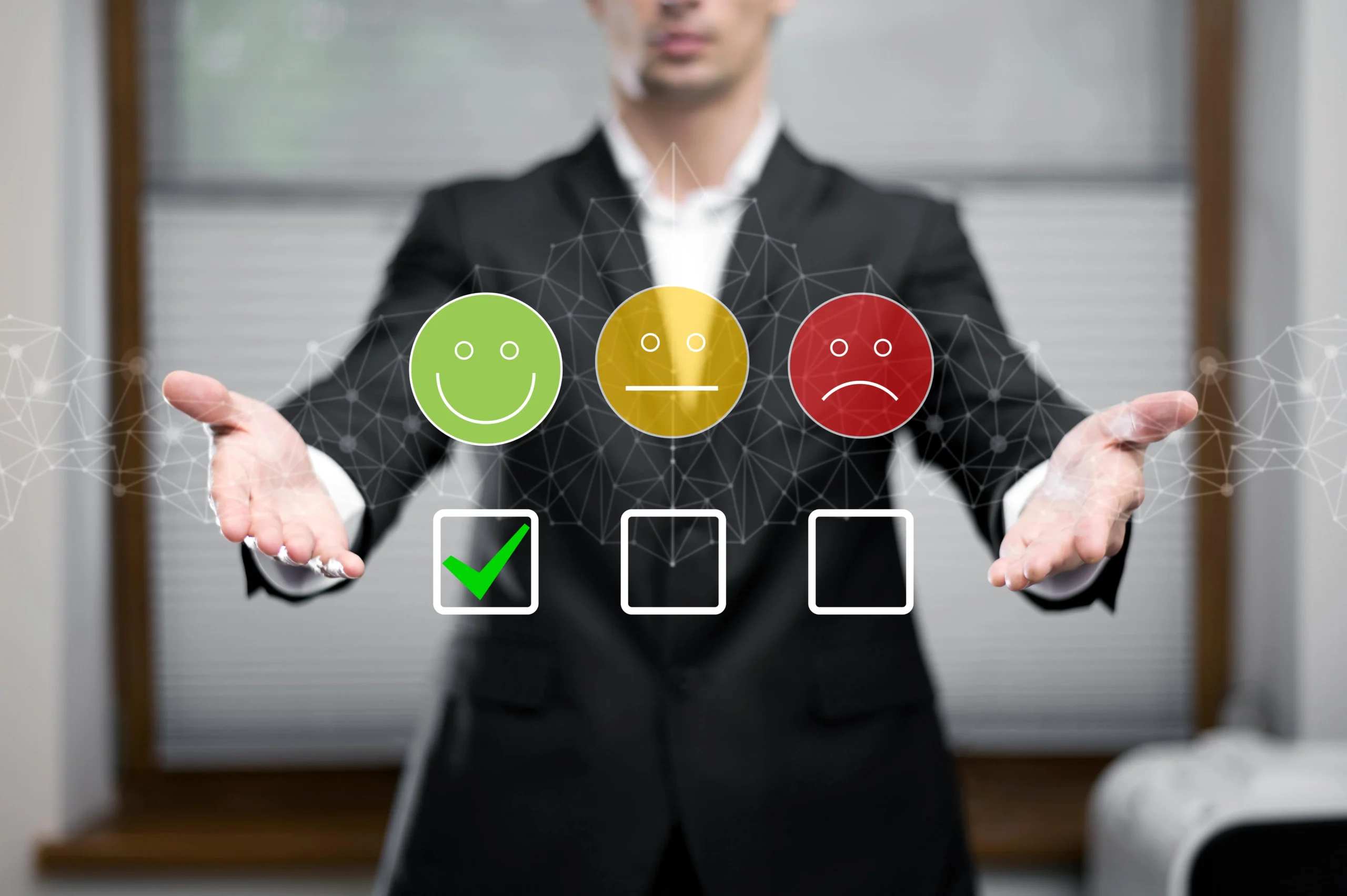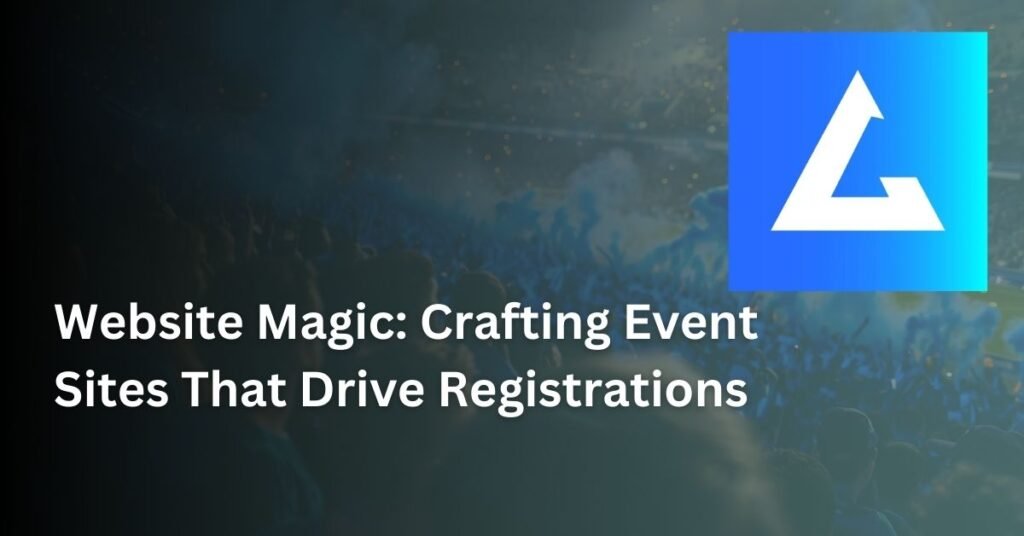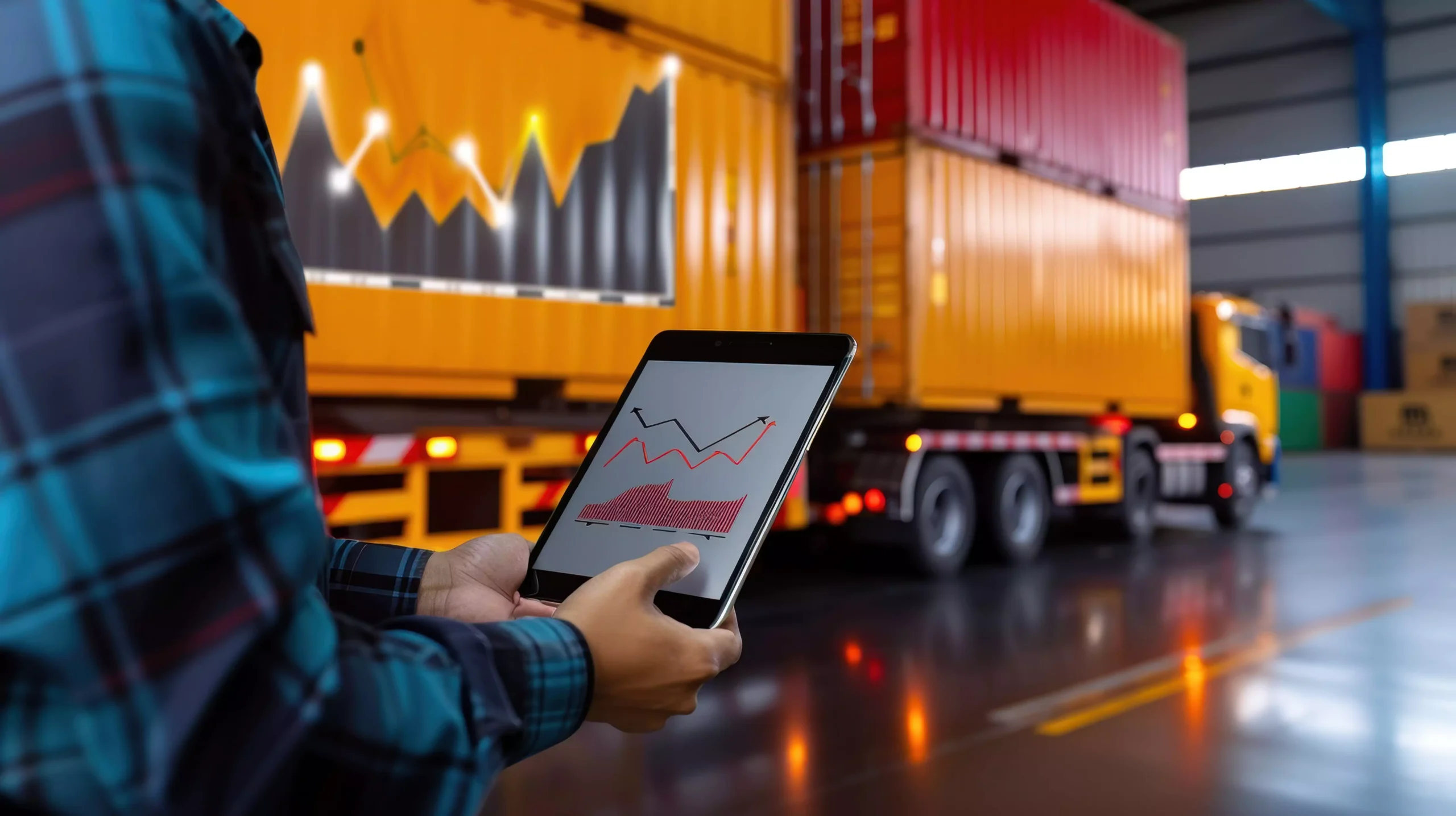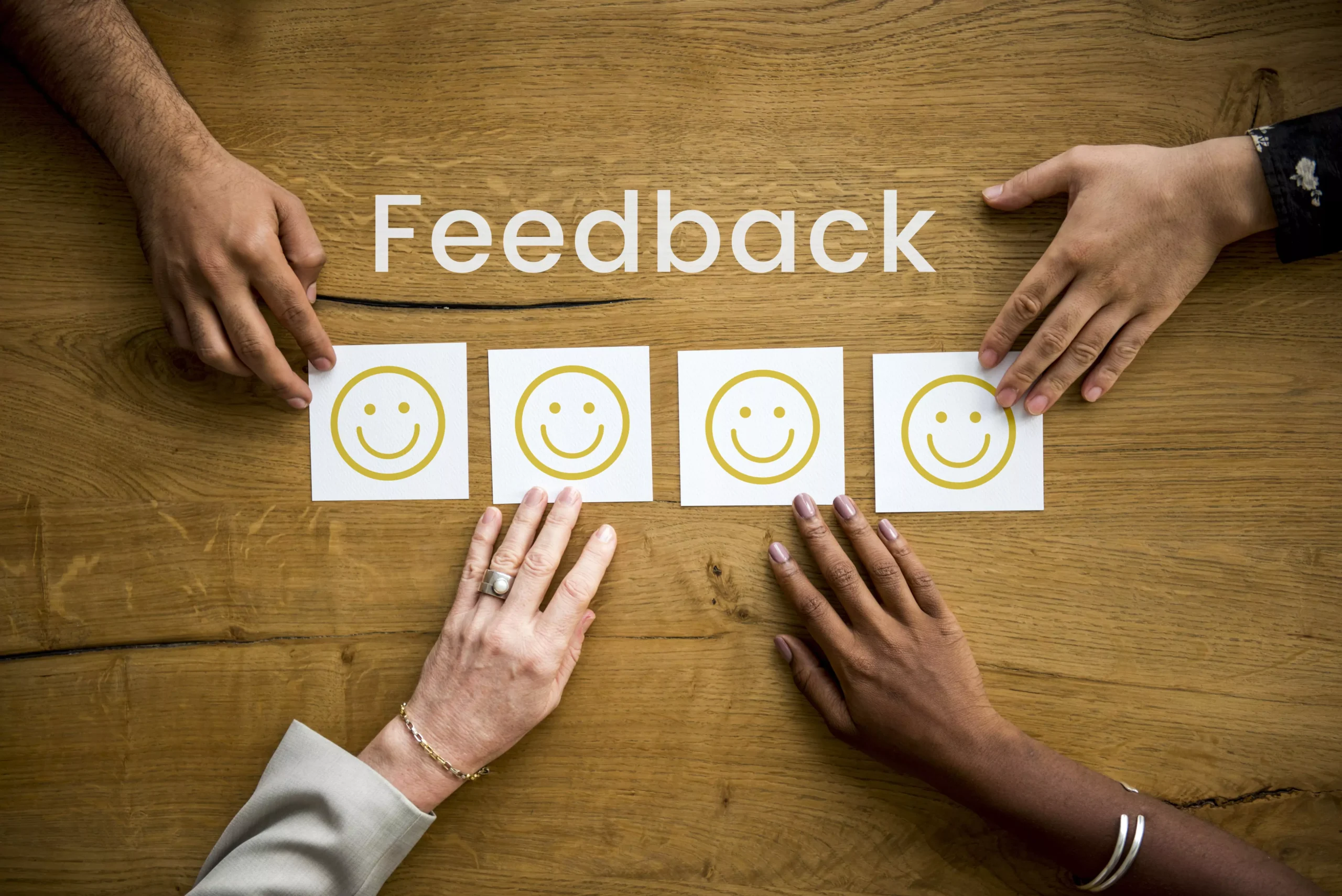Driving Networking Opportunities with Virtual Platforms
Networking is a cornerstone of any successful event. However, the shift toward virtual platforms has transformed how attendees connect. With the right strategies and tools, virtual platforms can foster meaningful connections and enhance the overall event experience. Let’s dive into how you can leverage these platforms to create outstanding networking opportunities.
Why Networking is Key to Event Success
Networking is not just about exchanging contact details; it’s about building relationships, sharing knowledge, and creating opportunities. Whether your event is a conference, trade show, or workshop, attendees seek connections that add value. Virtual platforms, when used effectively, can meet these expectations and even surpass traditional methods.
How Virtual Platforms Enhance Networking

- Global Connectivity: Virtual platforms break down geographical barriers, allowing attendees from around the world to interact seamlessly. This global reach expands networking possibilities exponentially. By integrating features like time zone scheduling, you can ensure everyone has a chance to connect.
- Advanced Matching Algorithms: Many platforms use AI-driven matching tools to pair attendees based on shared interests or goals. For example, apps developed by
BrandWorks can tailor such matchmaking algorithms to suit your event’s niche. - Engaging Breakout Rooms: Breakout sessions offer smaller, focused discussions, helping attendees network in a more meaningful way. Platforms like Zoom and Hopin excel in creating these micro-communities.
Interactive Features That Drive Engagement
Incorporating interactive features on your virtual platform boosts attendee engagement:
- Live Chat and Q&A: Let participants ask questions and share insights in real-time.
- Gamification: Reward attendees for connecting with others. Platforms developed by AttendeeGain specialize in gamified networking elements that keep interactions fun and productive.
- Profile Customization: Allow attendees to create detailed profiles showcasing their interests, expertise, and objectives.
Best Practices for Virtual Networking

- Pre-Event Engagement: Engage attendees before the event starts. Use surveys or discussion boards to warm them up for meaningful conversations.
- Facilitate Icebreakers: Initiate icebreakers like quick polls or trivia quizzes during the event to encourage interaction.
- Provide Networking Agendas: Include networking sessions in the event schedule, ensuring attendees allocate time specifically for making connections.
- Offer Post-Event Networking: Keep the conversation alive even after the event ends. Use tools like private chat groups or shared documents to extend the networking opportunities.
Case Studies: Virtual Networking Done Right
- TechConnect Summit: Utilized AI-powered networking tools to match tech professionals with investors, leading to over 200 collaborations.
- Global Educators Conference: Integrated breakout rooms to foster discussions on specialized topics, creating a network of educators spanning five continents.
The Future of Virtual Networking

As virtual platforms evolve, networking opportunities will become even more sophisticated. Features like virtual reality meetups, AI-powered icebreakers, and interactive avatars are already gaining traction. Partnering with innovative providers like BrandWorks ensures your event stays ahead of the curve.
Conclusion
Virtual platforms are redefining the way people network, making connections more accessible and impactful than ever. By embracing these tools and strategies, you can create an event experience that resonates deeply with attendees. Whether you’re hosting a small webinar or a global conference, the possibilities for meaningful networking are endless.
Ready to revolutionize networking for your next event? Explore custom solutions with AttendeeGain or BrandWorks today!

Abhishek Kapoor
Abhishek Kapoor is the founder and creative head of BrandWorks Worldwide. His is an ex-Cvent and has worked in the event space for the last 13 years, providing branding and registration expertise to many clients globally.
Driving Networking Opportunities with Virtual Platforms Read More »

